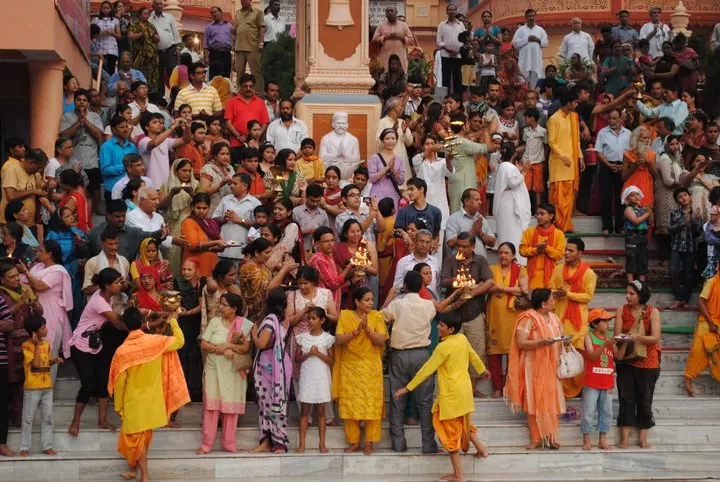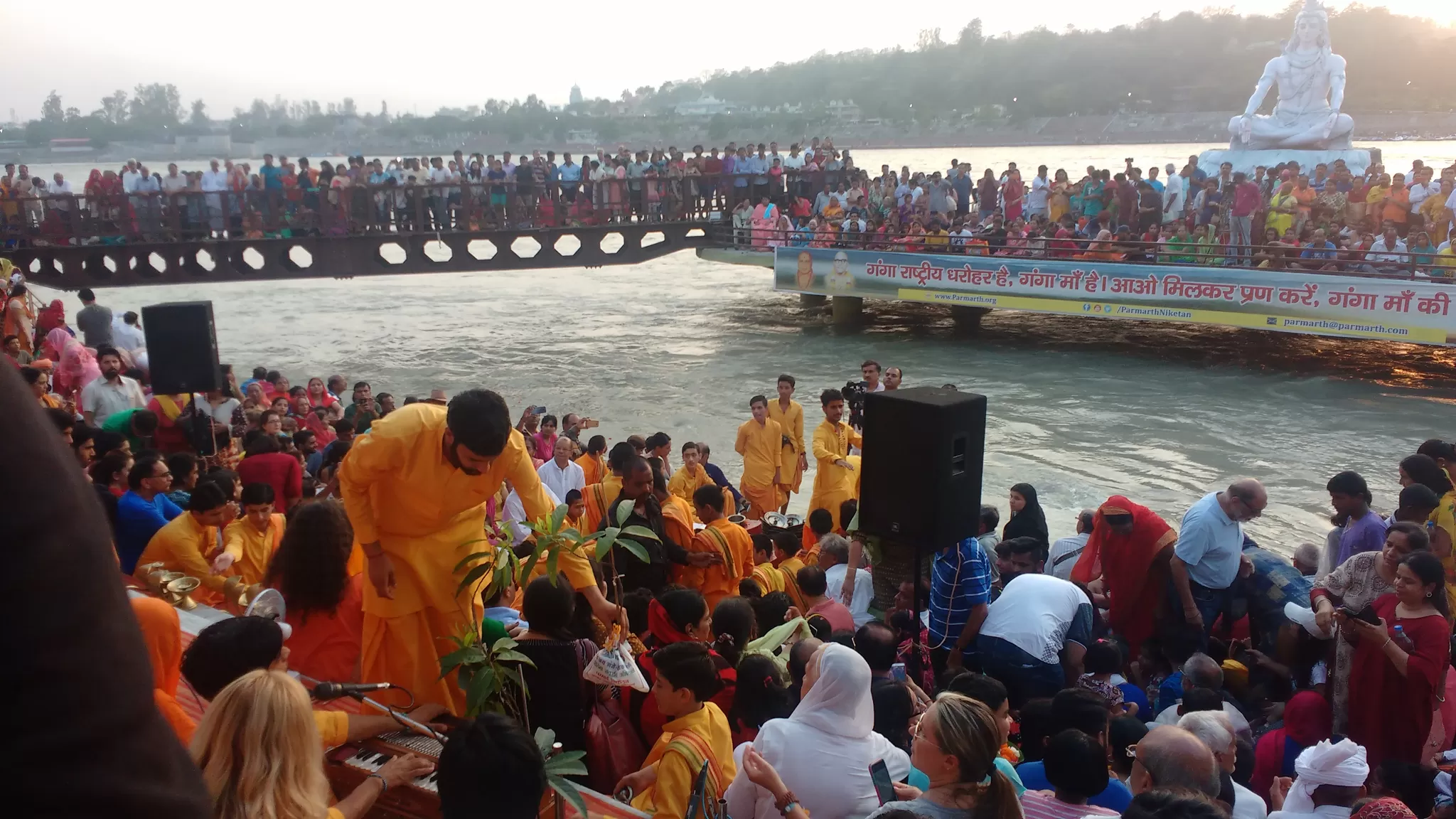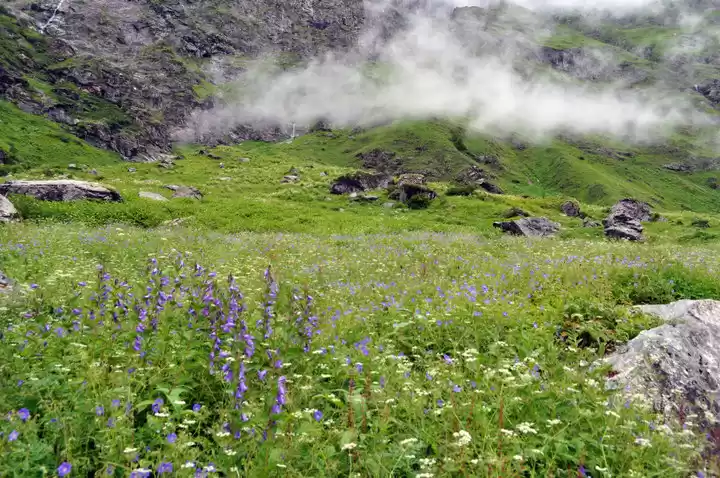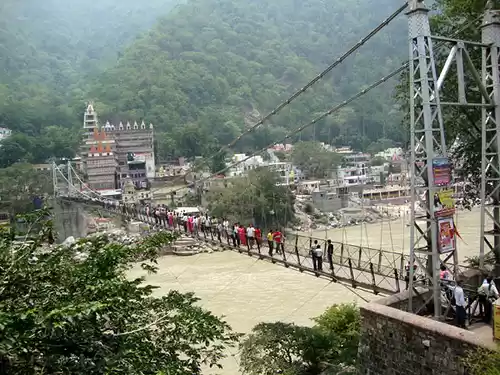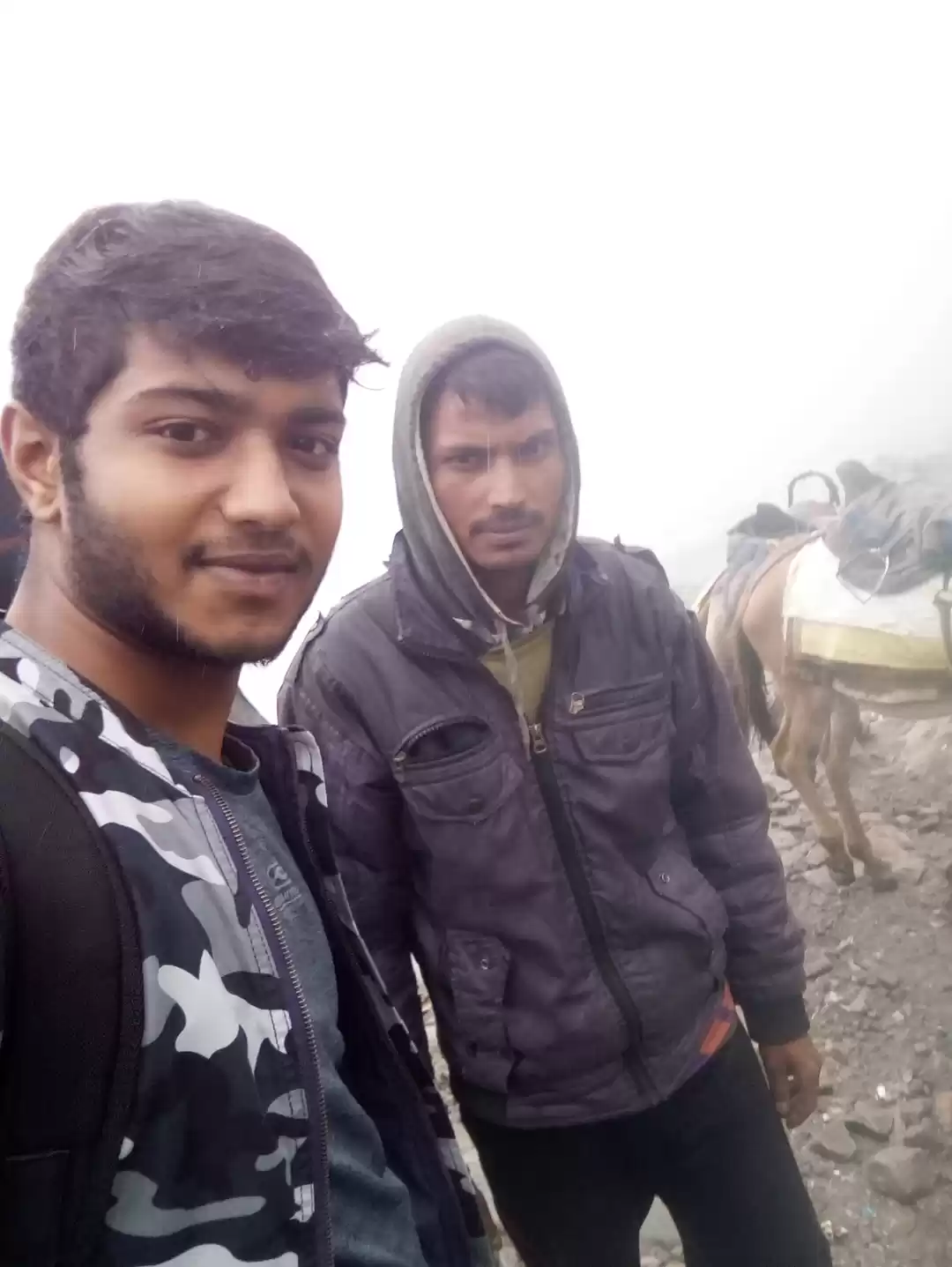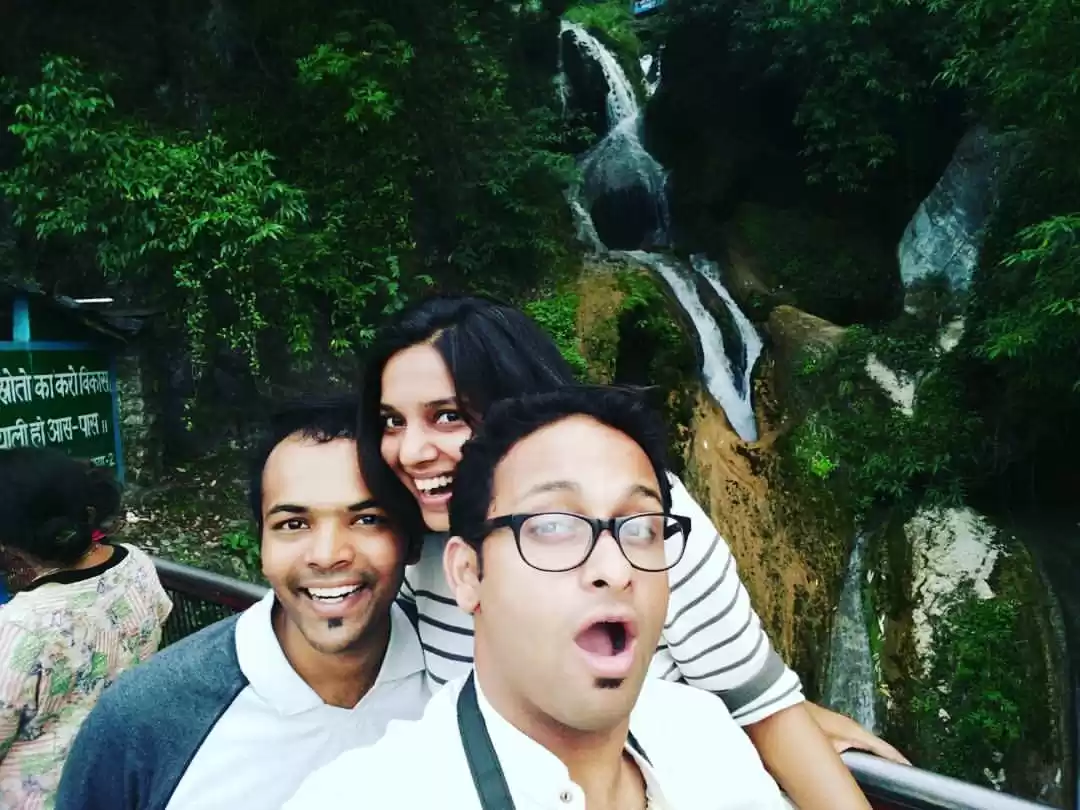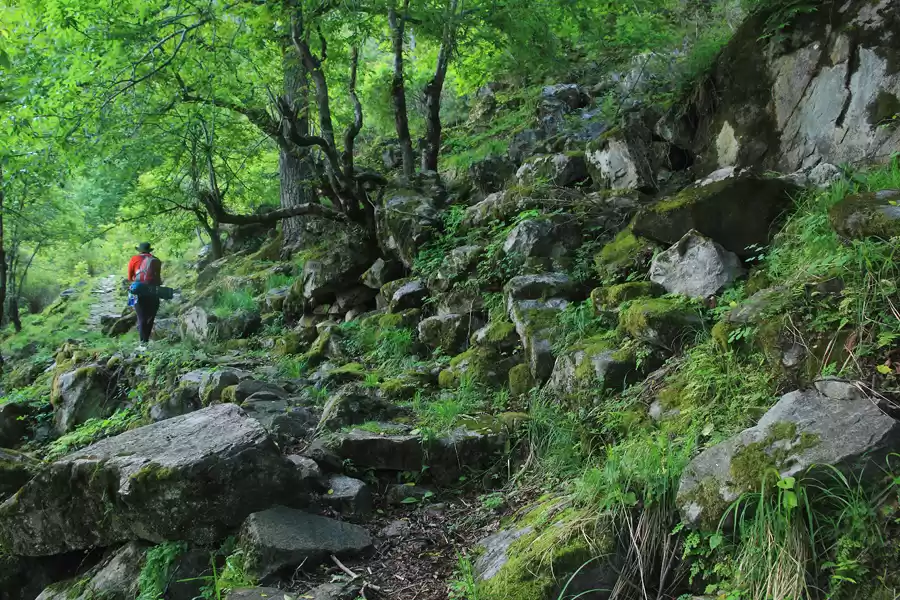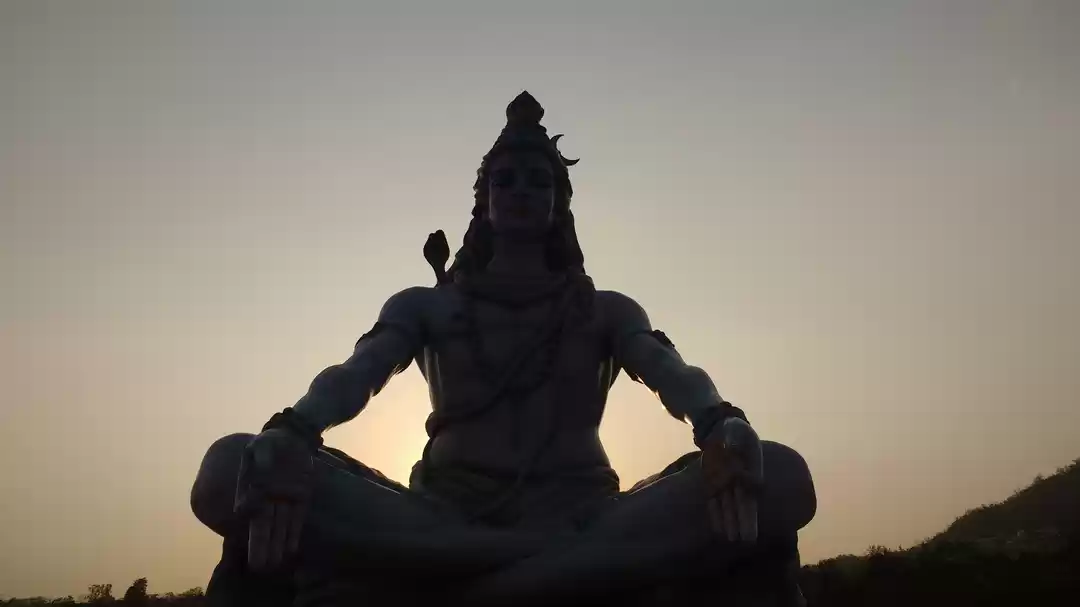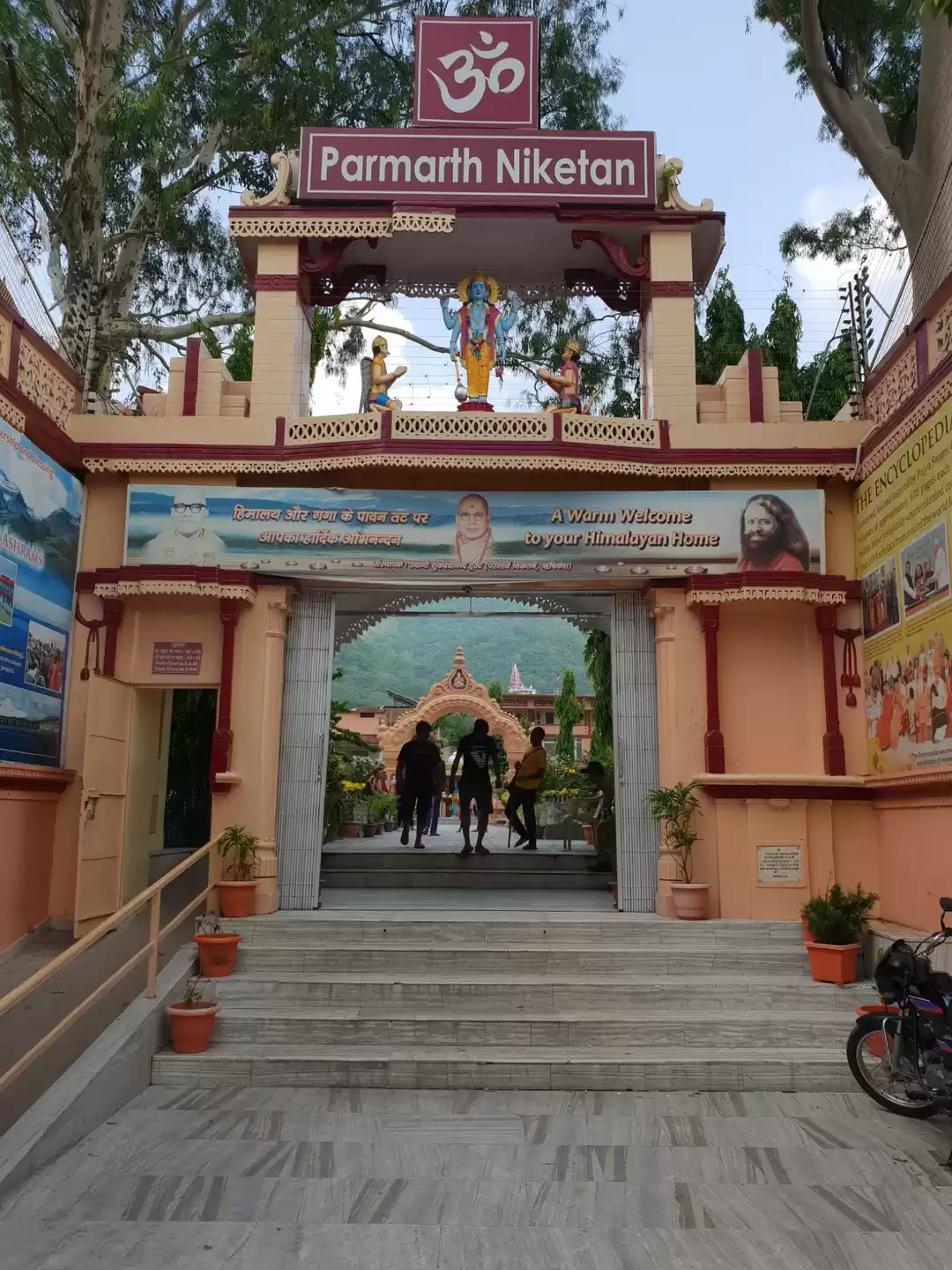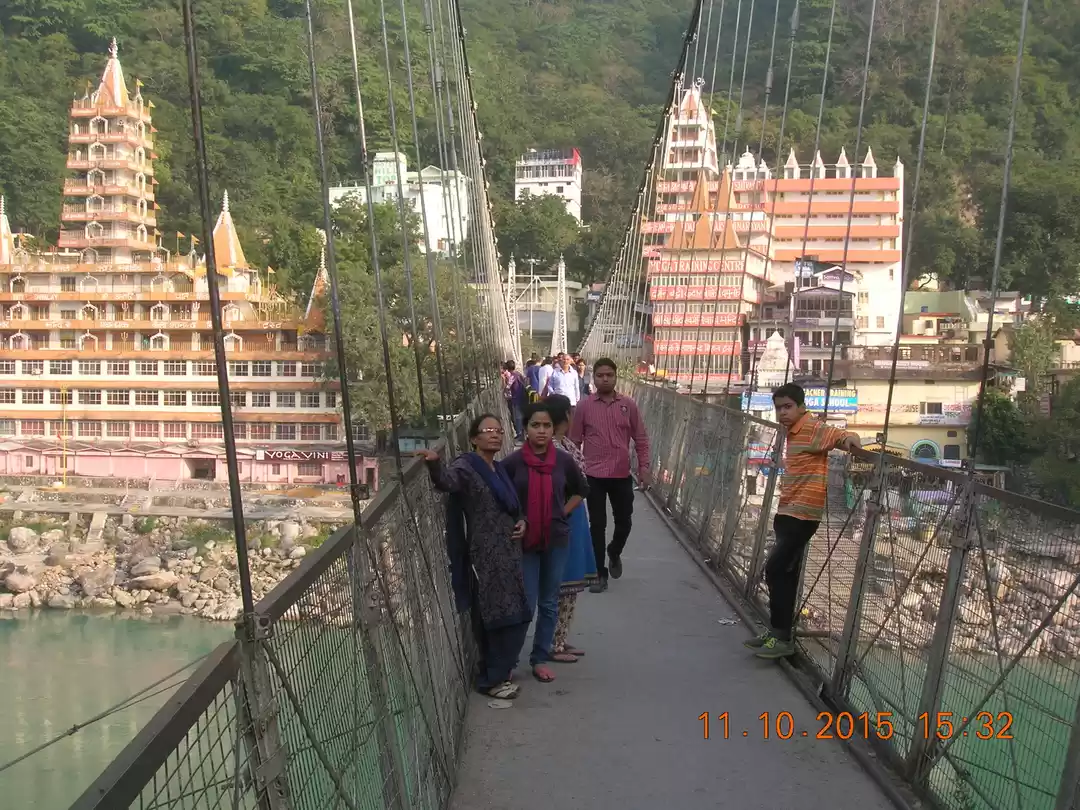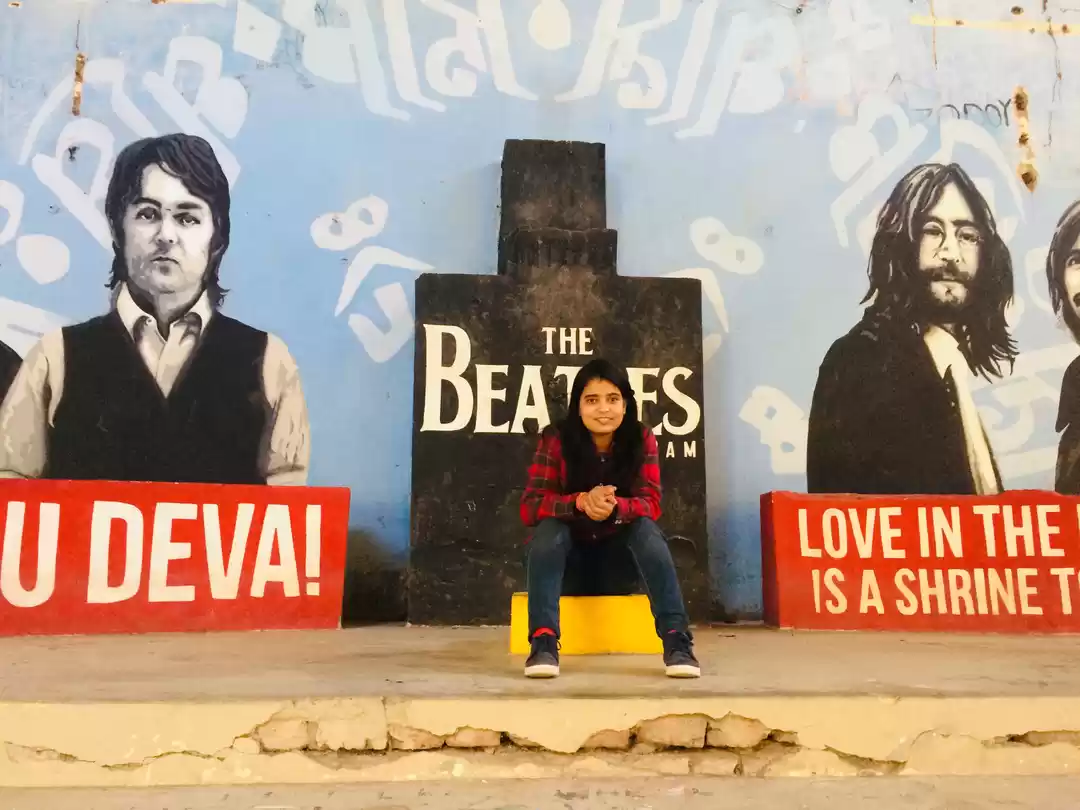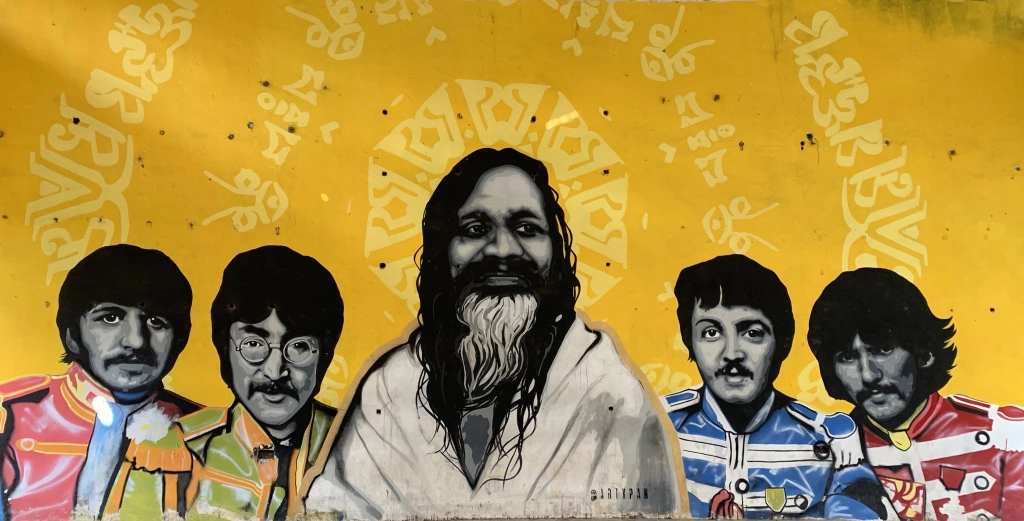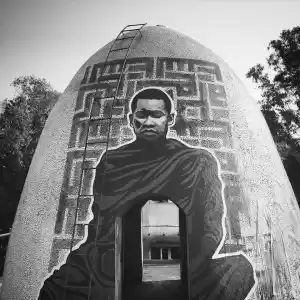Are you looking for a place to relax, rejuvenate, and reconnect with your true self? Do you want to explore the ancient wisdom and practices of yoga, meditation, and spirituality in a serene and sacred environment? If yes, then you should visit Parmarth Niketan Ashram, the largest and most renowned ashram in Rishikesh, the yoga capital of the world.
Parmarth Niketan Ashram is a spiritual haven and an abode dedicated to the welfare of all. Located on the banks of the holy Ganga river, the ashram offers a variety of activities, programs, and services that cater to the needs and interests of seekers from all walks of life. Whether you are a beginner or an advanced practitioner, whether you are looking for a short stay or a long-term commitment, whether you are interested in yoga, meditation, satsang, seva, or culture, you will find something that suits you at Parmarth Niketan Ashram.
In this article, we will introduce you to the history, philosophy, and offerings of Parmarth Niketan Ashram. We will also provide you with some practical information on how to visit or join the ashram and what to expect and bring when you do so. By the end of this article, you will have a clear idea of why Parmarth Niketan Ashram is a must-visit destination for anyone who wants to experience the true essence of India and its spiritual heritage.

What is Parmarth Niketan Ashram?
An ashram is not a hotel or a resort. It is not a place where you go to enjoy luxury or comfort. It is not a place where you go to escape from reality or indulge in your desires. An ashram is a place where you go to learn, grow, serve, and transform. It is a place where you go to live in harmony with nature and yourself. It is a place where you go to discover your true purpose and potential.
Parmarth Niketan means “the abode dedicated to the welfare of all”. The name reflects the vision and mission of the ashram, which is to serve humanity and Mother Earth through spirituality and seva (selfless service). The ashram was founded in 1942 by Pujya Swami Shukdevanandji Maharaj (Sadhupad), who was inspired by his guru Pujya Swami Karpatriji Maharaj (Dandi Swami). The ashram started as a small hut with a few rooms and gradually expanded into a sprawling complex with over 1000 rooms, spread over eight acres of land.
The ashram has many unique features and facilities that make it stand out from other ashrams in Rishikesh. Some of them are:
- The ashram is eco-friendly and follows the principles of green living. It has solar panels, rainwater harvesting systems, organic gardens, biodegradable products, etc.
- The ashram has a library that houses thousands of books on various topics related to spirituality, yoga, philosophy, culture, etc. The library also has computers with internet access for research and learning purposes.
- The ashram has a bookstore that sells books, CDs, DVDs, magazines, souvenirs, etc. related to the ashram’s activities and teachings. The bookstore also has an online store where you can order products from anywhere in the world.
- The ashram has a health center that provides holistic health care services such as Ayurveda, naturopathy, homeopathy, acupuncture, etc. The health center also has a pharmacy that sells herbal medicines and supplements.
- The ashram has a cafeteria that serves vegetarian meals three times a day. The meals are prepared with fresh and organic ingredients from the ashram’s gardens or local farms. The cafeteria also has a juice bar that offers fresh juices and smoothies.
- The ashram is one of the largest in India and can accommodate up to 5000 people at a time. The ashram has hosted many dignitaries, celebrities, leaders, and luminaries from different fields and backgrounds over the years.
What are the activities and programs at Parmarth Niketan Ashram?
Parmarth Niketan Ashram offers a wide range of activities and programs that aim to enrich your body, mind, and soul. You can choose to participate in any or all of them according to your preference and availability. Some of the activities and programs are:
Yoga: The ashram offers daily yoga classes for all levels and styles of yoga. You can learn from experienced and certified yoga teachers who will guide you through various asanas (postures), pranayama (breathing techniques), mudras (gestures), bandhas (locks), etc. You can also join special yoga sessions such as sunrise yoga, sunset yoga, laughter yoga, etc. The ashram also hosts the annual International Yoga Festival in March, which attracts thousands of yoga enthusiasts from around the world.
Meditation: The ashram offers daily meditation sessions for all levels and types of meditation. You can learn from expert meditation teachers who will teach you how to calm your mind, focus your attention, and experience inner peace. You can also join special meditation sessions such as guided meditation, silent meditation, mantra meditation, etc. The ashram also organizes meditation retreats and courses for those who want to deepen their practice.
Ganga Aarti: The ashram conducts a daily Ganga Aarti ceremony at sunset on the banks of the Ganga river. The Ganga Aarti is a sacred ritual that honors and worships the Ganga as a symbol of life, purity, and divinity. The ceremony involves chanting of mantras, singing of bhajans (devotional songs), lighting of lamps, offering of flowers, etc. The ceremony is attended by hundreds of people every day who join in the prayers and celebrations.
Satsang: The ashram offers daily satsang talks by Pujya Swami Chidanand Saraswati (Muniji) or Sadhvi Bhagawati Saraswati (Sadhviji) or other eminent speakers. Satsang means “the company of truth” and it is a session where you can listen to inspiring and enlightening discourses on various topics related to spirituality, yoga, philosophy, culture, etc. You can also ask questions or share your experiences with the speakers or other participants.
Seva: The ashram encourages you to engage in seva or selfless service as a way of expressing your gratitude and compassion for others. You can volunteer in any of the ashram’s projects or initiatives that aim to improve the lives of people and animals in need. Some of them are:
Ganga Action Parivar: A movement that works to clean and protect the Ganga river and its tributaries from pollution and exploitation.
Divine Shakti Foundation: A foundation that works to empower women and children through education, health care, vocational training, etc.
Global Interfaith WASH Alliance: An alliance that works to promote water, sanitation, and hygiene (WASH) among different faiths and communities.
International Yoga Festival: A festival that works to spread the message and benefits of yoga across the world.
Parmarth Gurukul: A school that works to provide quality education to underprivileged children in rural areas.
Festivals: The ashram celebrates various festivals throughout the year that reflect the rich and diverse culture and traditions of India. You can join in the festivities and enjoy the music, dance, art, food, etc. that are part of the celebrations. Some of the festivals are:
Shivaratri: A festival that honors Lord Shiva, the destroyer of ignorance and illusion. The festival involves fasting, chanting, dancing, etc.
Holi: A festival that celebrates the arrival of spring and the victory of good over evil. The festival involves playing with colors, water, etc.
Navratri: A festival that worships the nine forms of Goddess Durga, the mother of the universe. The festival involves fasting, praying, dancing, etc.
Diwali: A festival that marks the triumph of light over darkness and the return of Lord Rama, the ideal king. The festival involves lighting lamps, candles, fireworks, etc.
Guru Purnima: A festival that pays tribute to the guru, the spiritual teacher and guide. The festival involves offering gratitude, respect, gifts, etc.
Courses and Retreats: The ashram offers various courses and retreats for those who want to learn more about yoga, meditation, spirituality, etc. You can enroll in any of the courses or retreats that suit your level and interest. Some of them are:
Yoga Teacher Training Course: A course that trains you to become a certified yoga teacher and teaches you the theory and practice of yoga.
Meditation Teacher Training Course: A course that trains you to become a certified meditation teacher and teaches you the theory and practice of meditation.
Ayurveda Course: A course that teaches you the basics of Ayurveda, the ancient system of holistic medicine and healing.
Spiritual Retreat: A retreat that helps you to deepen your spiritual connection and awareness through yoga, meditation, satsang, etc.
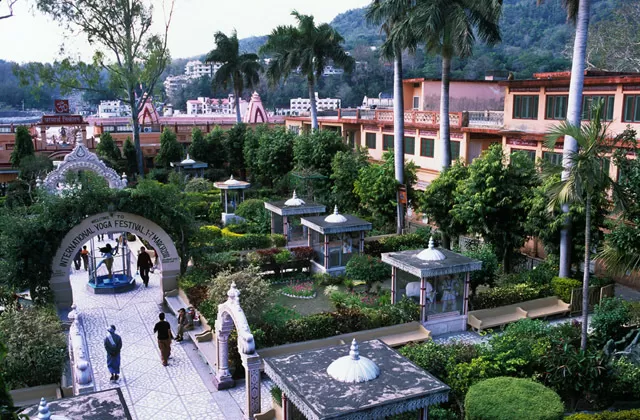
Who are the leaders and teachers at Parmarth Niketan Ashram?
Parmarth Niketan Ashram is blessed with the presence and guidance of some of the most revered and respected leaders and teachers in the field of spirituality, yoga, philosophy, culture, etc. They are:
Pujya Swami Chidanand Saraswati (Muniji): He is the president and spiritual head of Parmarth Niketan Ashram. He is also the founder and chairman of Ganga Action Parivar, Divine Shakti Foundation, Global Interfaith WASH Alliance, etc. He is a world-renowned humanitarian, environmentalist, interfaith leader, and speaker. He has received many awards and honors for his work and teachings. He has also authored many books and articles on various topics.
Sadhvi Bhagawati Saraswati (Sadhviji): She is a renowned spiritual leader and teacher at Parmarth Niketan Ashram. She is also the secretary-general of Global Interfaith WASH Alliance, president of Divine Shakti Foundation, director of International Yoga Festival, etc. She is a former American who renounced her worldly life and took sannyas (monastic vows) at Parmarth Niketan Ashram in 1996. She has a Ph.D. in psychology from Stanford University and has written many books and articles on various topics.
Some of the other prominent teachers and speakers who visit or reside at Parmarth Niketan Ashram regularly are:
Pujya Swami Dayananda Saraswati: He is a revered Vedanta teacher and scholar who has taught thousands of students from around the world. He is also the founder of Arsha Vidya Gurukulam, an institute for Vedanta studies in India and USA.
Pujya Swami Ramdev: He is a famous yoga guru and founder of Patanjali Yogpeeth, a center for yoga research and education in India. He is also a popular TV personality who has popularized yoga among millions of people through his shows.
Pujya Sri Shankaracharya Swaroopanand Saraswati: He is one of the four Shankaracharyas or spiritual heads of Hinduism. He is also the head of Jyotir Math in Badrinath and Dwarka Peeth in Gujarat.
Pujya Sri Ramesh Bhai Oza (Bhaishri): He is a renowned spiritual leader and teacher who has inspired millions of people through his discourses on various scriptures such as Ramayana, Bhagavad Gita, etc. He is also the founder of Sandipani Vidyaniketan, an institute for Vedic studies in Gujarat.
Pujya Sri Morari Bapu: He is a famous spiritual leader and teacher who has delivered more than 800 Ram Kathas or stories of Lord Rama across the world. He is also a social activist who has supported many causes such as women empowerment, education, health care, etc.
How can you visit or join Parmarth Niketan Ashram?
If you are interested If you are interested in visiting or joining Parmarth Niketan Ashram, here are some practical information and tips that will help you plan your trip and make the most of your stay.
How to reach Parmarth Niketan Ashram?
The ashram is located in Rishikesh, a town in the state of Uttarakhand in northern India. Rishikesh is about 250 km from Delhi, the capital of India, and about 20 km from Dehradun, the nearest airport.
You can reach Rishikesh by air, train, bus, or car from different parts of India or abroad. Some of the options are:
By air: You can fly to Dehradun’s Jolly Grant Airport, which is connected to Delhi and other major cities by domestic flights. From the airport, you can take a taxi or a bus to Rishikesh, which will take about 45 minutes to an hour.
By train: You can take a train to Haridwar, which is a major railway junction and a holy city near Rishikesh. From Haridwar, you can take a taxi or a bus to Rishikesh, which will take about an hour.
By bus: You can take a bus to Rishikesh from Delhi or other nearby cities. There are many bus operators that offer regular and comfortable services to Rishikesh. The bus journey from Delhi to Rishikesh will take about 6 to 8 hours.
By car: You can drive to Rishikesh from Delhi or other nearby cities. The road is well-maintained and scenic. The drive from Delhi to Rishikesh will take about 5 to 7 hours.
Once you reach Rishikesh, you can easily find Parmarth Niketan Ashram on the main road along the Ganga river. The ashram is situated in Swargashram area, opposite to Ram Jhula bridge.
How to book a room or a program at Parmarth Niketan Ashram?
The ashram offers various accommodation options for visitors and guests. You can choose from single rooms, double rooms, triple rooms, dormitories, cottages, etc. depending on your budget and preference. The rooms are simple but clean and comfortable. They have attached bathrooms with hot water, electricity, fans, etc. Some rooms also have air conditioners and heaters. The ashram also provides bedding, towels, toiletries, etc.
The ashram charges a nominal fee for the rooms and programs. The fee includes three vegetarian meals per day, yoga classes, meditation sessions, Ganga Aarti ceremony, satsang talks, etc. The fee does not include any extra services or facilities such as health center, bookstore, laundry, internet, etc.
You can book a room or a program at Parmarth Niketan Ashram online or offline. You can visit the ashram’s website and fill out an online reservation form with your details and preferences. You can also email the ashram at [parmarth@parmarth.com] or call them at +91-135-2434301 or +91-135-2440088. Alternatively, you can visit the ashram’s reception desk and check the availability and rates of the rooms and programs.
What to expect and bring when visiting or staying at Parmarth Niketan Ashram?
When you visit or stay at Parmarth Niketan Ashram, you should expect to follow some rules and etiquette that are meant to maintain the sanctity and harmony of the place. Some of them are:
- Respect the ashram’s schedule and attend the activities and programs as much as possible.
- Dress modestly and appropriately for the ashram’s environment. Avoid wearing shorts, skirts, sleeveless tops, etc. Wear loose-fitting clothes that cover your shoulders and knees.
- Maintain silence and peace in the ashram premises. Avoid loud music, noise, gossip, etc.
- Refrain from smoking, drinking alcohol, eating meat, eggs, onion, garlic, etc. in the ashram premises.
- Keep your room and surroundings clean and tidy. Do not litter or waste water or electricity.
- Do not bring any valuables or expensive items to the ashram. The ashram is not responsible for any loss or damage of your belongings.
- Do not engage in any romantic or sexual relationships with anyone in the ashram premises.
- Seek permission from the ashram authorities before taking any photos or videos of the ashram premises or activities.
When you visit or stay at Parmarth Niketan Ashram, you should bring some essential items that will make your stay more comfortable and enjoyable. Some of them are:
- A valid ID proof such as passport, visa, Aadhar card, etc.
- A yoga mat, a meditation cushion, a shawl, etc. for your yoga and meditation practice.
- A water bottle, a flashlight, a mosquito repellent, a sunscreen, etc. for your convenience and safety.
- A notebook, a pen, a book, etc. for your learning and leisure.
- Some cash or cards for your personal expenses or donations.
We hope this article has given you a glimpse of the beauty and bliss of Parmarth Niketan Ashram. We invite you to visit or join the ashram and experience its transformative power for yourself.







